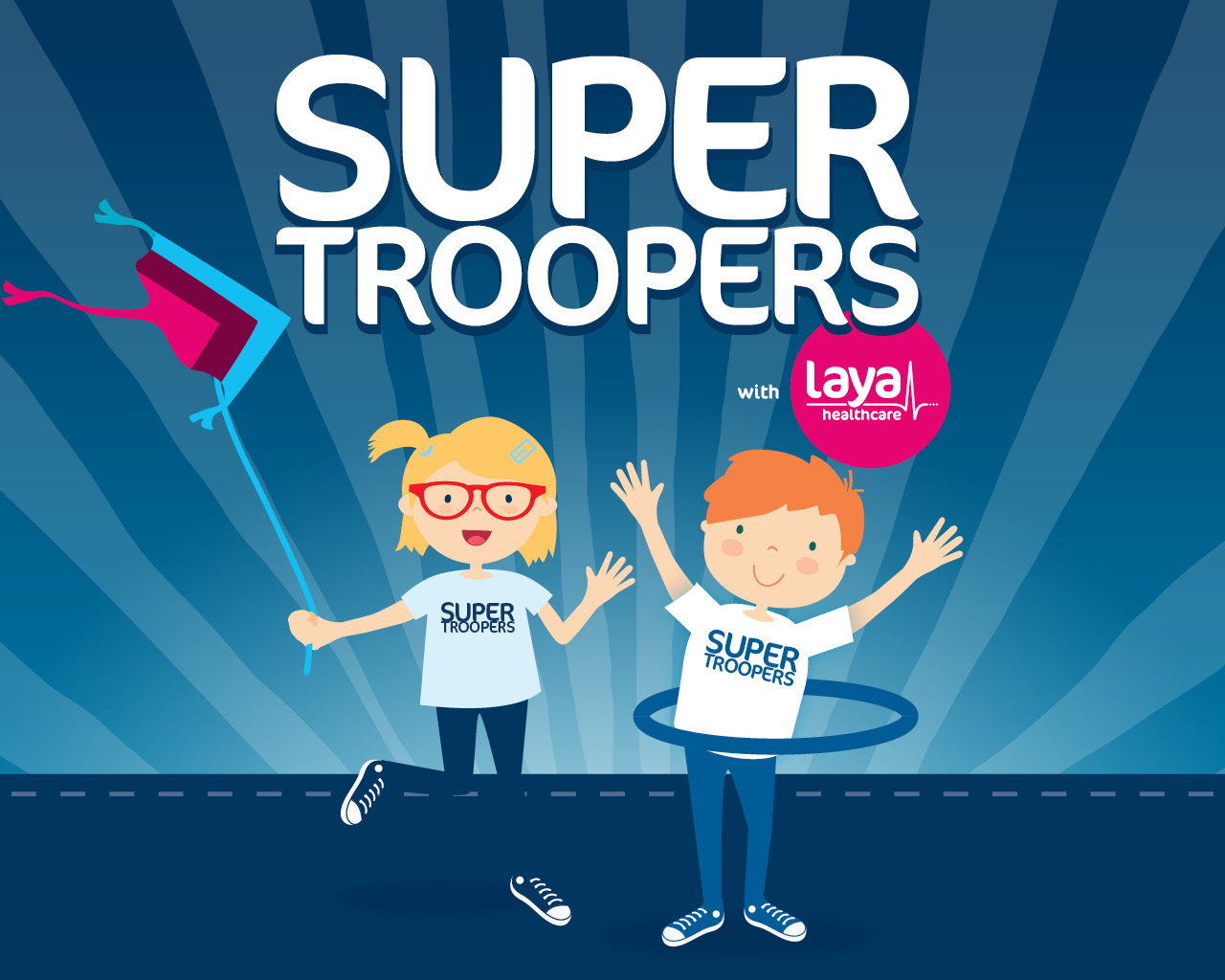It’s that time of year again when the days are getting shorter and there are whisperings of an autumn breeze marking the closing weeks of summer. Back to school will be upon us soon, and for parents of children beginning primary school there will certainly be a lot of mixed emotion. On one hand, you are delighted that your child is making such an important transition in their lives, one which will bring with it so many enriching learning and social opportunities. But on the other, you may experience this transition with some trepidation as it marks the end of an era and brings with it the reality that your little one is growing up.
Managing your own anxieties
Starting school is a big day for your child and for you as parents. A great way to smoothen this transition is to manage your anxieties around it and to nurture yourself. Your child’s first day may bring back memories of your own first day at school, but it is important not to project your anxieties onto your child. For one, starting school won’t be the same jolt that you remember on your first day as most children have attended preschool, which shares many similarities with school in terms of structure, learning and peer activities.
The gravity of starting school may be your own view of it rather than that of your child, as you may be thinking about it in terms of the ending of the past (‘That’s my baby!”), or in terms of the future (“This marks the beginning of 13+ years education in the hope of finding a job”). Children are most likely oblivious, still enjoying their summer with not a care in the world. In fact, the prospect of their new school having a big slide might be at the forefront of their minds rather than the meaning of the transition!
Whatever side of the fence you may be on in terms of your own feelings, there are many practical things you can do to help prepare your child for school. Conveying a sense of belief that they will manage in school will help them to feel more confident about what is ahead and enable them to feel a deeper sense of belonging in their school community.
Getting the balance right
Getting the balance right between preparing your child for starting school and not overwhelming them by focusing too much on it is a tall order. These are the last precious weeks of their holidays. At the same time children are creatures of routine and they thrive on it. Capitalise on this need for routine and get a calendar which clearly shows the weeks leading up to school starting. Put it in a place they can see it. You could say “Next week is music camp, then you have a week off, then you’ll be starting school on the following Friday”. In the coming weeks, gradually re-establish the home routine with earlier bed and wake up times and a good balanced diet as children needs reservoirs of energy for this next life challenge.
Listening to your child and validating their feelings
If you want to know how your child feels about starting school in a few weeks, ask them! They may not always be the best providers of detail, but you will certainly gain a sense of their feelings about it if you gently drop it in conversation. Remember your child will very much pick up on the tone of your questions. If you present starting big school as an exciting time of discovery for them to look forward to, chances are they will feel that way too.
Show a genuine interest in their worries and answer any questions they may have. Chat about school as a place to meet new friends and a welcome opportunity to experience many different activities. Now is the perfect time to open up your channel of communication where you truly listen to your child’s feelings and validate their experience (e.g. “So do you feel a bit nervous about being in a class full of kids”). Try not to give in to the temptation of smoothing things over in a bid to make them, and you, feel better. Supporting them in feeling their emotion is an important step in helping them to move on from it. Once they feel validated, you can move onto trying to problem-solve the situation together (e.g.”I wonder what would help you to feel more comfortable on your first day?”)
Before your child starts…
“If you don’t want your child to be helpless, HELP LESS”! This is a great quote courtesy of a parent. It emphasises the importance of encouraging independence in self-help skills (i.e. dressing, toileting, washing) and guidance around social situations (e.g. sharing toys, tidying up). Get your child to do simple jobs around the house to build on their sense of responsibility and confidence. Allow them the opportunity to make mistakes and praise their efforts. Practical things like getting their book list, uniforms and school bags organised will avoid stress before the big day, so make a nice outing out of it. Make sure your child is familiar with their new school so if you haven’t visited before, walk or drive past it. Arrange to meet other kids starting on the same day. To ease anxious feelings, try role-playing their ideas about school. Explain about any school supports they may be availing of and arrangements around uniform, lunch and after school activities.
First day tips
- Get up early and make sure you have clothes, uniforms and shoes clean and ready.
- Pack their bag the night before and have your child’s name on all of their belongings.
- Eat a good breakfast – Learning and new challenges require energy and enthusiasm.
- Have their lunch ready along with an easy to open lunch box and healthy snacks.
- Be in time for school and when you arrive at the classroom be as casual as you can. Smile and talk with the teacher in a friendly way. Help your child to hang up their coat and find their seat. Hopefully they will be absorbed in their new surroundings. Relax and try to send out the message that you’re confident that they can manage.
- Let your child know when you are leaving and assure them that you will be back to collect them. Say goodbye and make your getaway without delay.
- The majority of children will sail in on their first day. If your child begins to cry, follow the lead of the teacher. Often children who come in the door crying are okay and laughing a few minutes later. Perhaps the teacher could give your child a little job to make the transition smoother. Let them know you are leaving and rest assured that if your child is not settling, the teacher will contact you.
- Take the morning off and treat yourself to a cup of coffee and a little treat. This is a big day for you too!
- Be sure to collect your child on time as children can become very upset when they feel they have been forgotten. Try to have something nice planned for after school.
- Refrain from asking too many questions as your child will be tired. Allow them space to relax when they get home and some special playtime with you. It will take a few weeks before they are fully settled into their new class and routine.
Finally
Starting primary school is a huge milestone for your child and for you. You have done well to get to this point so give yourself a big pat on the back! Now more than ever your child needs your love, support and encouragement, so it is really important to look after yourself and get support from your family and friends. If you can, get involved in school activities so you can build bonds with other parents and teachers and feel part of the school community. Build your child’s self-esteem by noticing their strengths and drawing attention to them. Give your child genuine praise and give them opportunities to demonstrate their abilities without pressurising them. Try not to compare them with other children as every child learns at a different pace. Most of all try to enjoy this time and be proud of how far you have both come.







